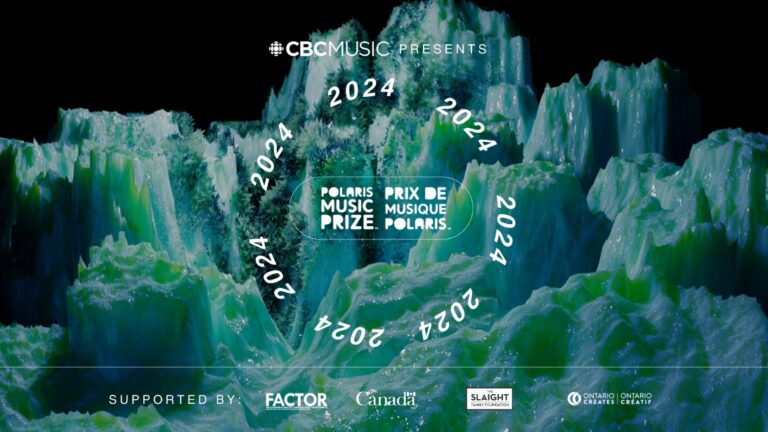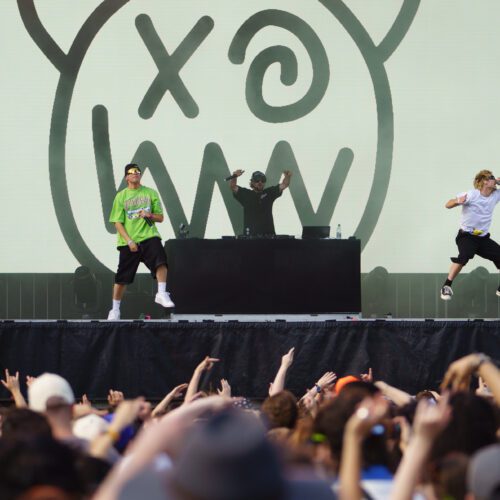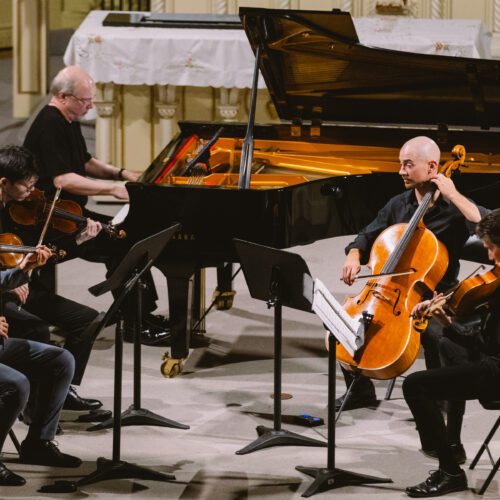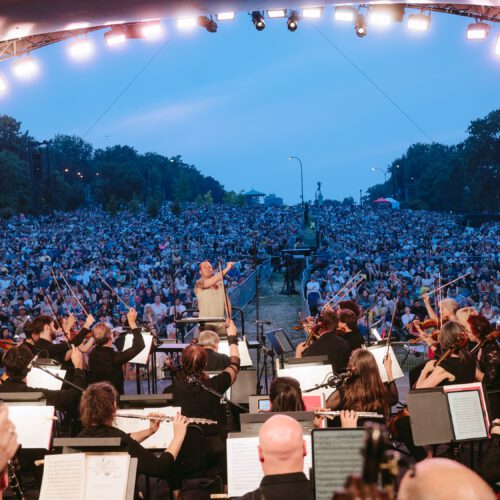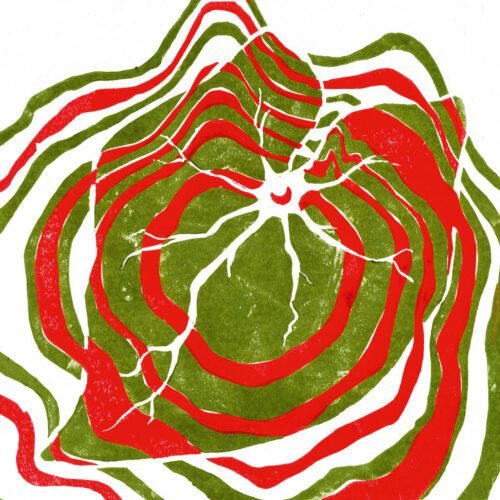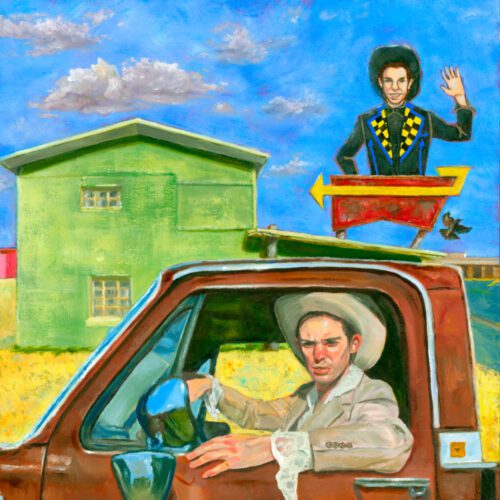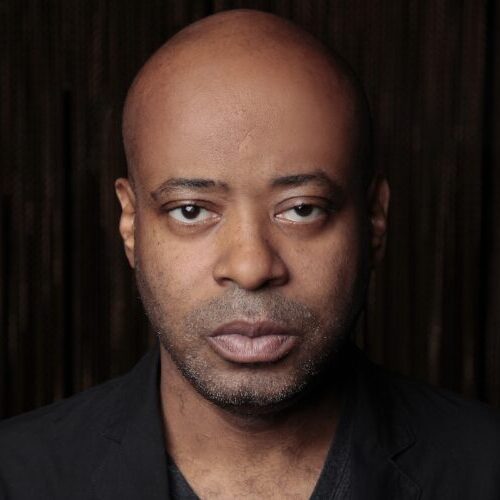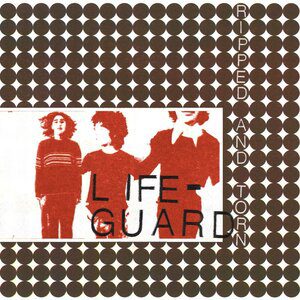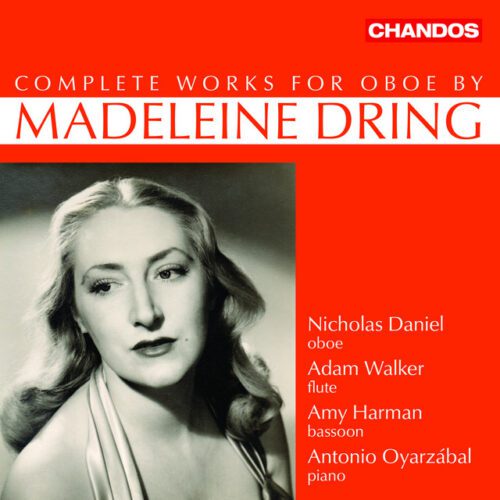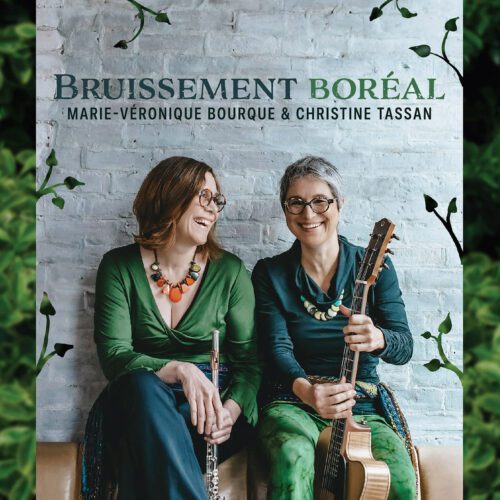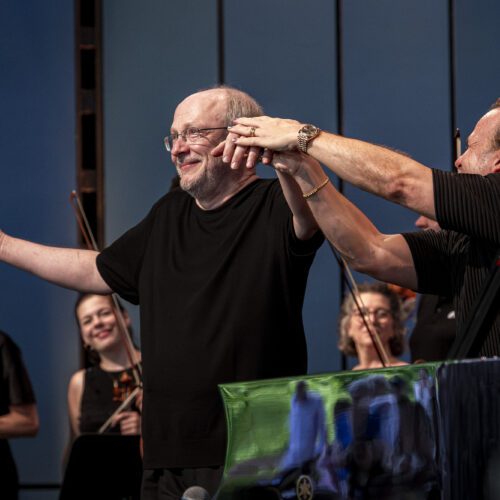Since the early days of the Polaris Prize, I’ve spent a day or two a year going through the long and short lists of nominated artists and groups, after having given my five preferences at the start of the selection process.
Every year, I submit and vote again, mainly to gain access to the discoveries and recommendations made by jurors, cultural journalists and communicators recruited from all over Canada. That’s what interests me most: getting a complete picture of Canadian music news that neither the Junos nor the Félixes can provide.
The Polaris long list is the most precious of all, more precious than the shortlist, and even more precious than the first prize awarded on Tuesday evening to aboriginal artist Jeremy Dutcher.
Of course I praise his talent, I know he’s brilliant and inspired, but for me, he remains one of the great artists of the Canadian Indigenous cultural revival, himself from the Wolastoqiyik Wahsipekuk First Nation – settled in New Brunswick, Quebec and Maine. Once again with the superb album Motewolomuwok, which earned him a second Polaris, Jeremy Dutcher has created a solid blend of classical vocal culture (tenor training), digital culture, and richly arranged creative pop. We recognized and celebrated him in 2018 when he won his first Polaris. For him to win a second one at a time when Canada sorely needs to showcase new talent or reward those who work hard and offer high-quality material, I tell myself… yeah.
It’s clear that the respectable Jeremy Dutcher dominated the dozen or so artists who made it through to the final… but how many productions equivalent to his were not retained along the way by a vast, heterogeneous, and… not entirely coherent in the end?
With the objective of rewarding the best Canadian album, chosen without any commercial considerations or quantitative impact by the specialists, I find that the ultimate choice often corresponds to an ideological and generational posture rather than an artistic one. The choices are inevitably the result of strong tendencies among the voters, most of whom are incapable of evaluating the whole of Canadian production. There are many reasons for this.
More to the point, the majority of English-speaking voters don’t understand Canada’s second official language. This makes it impossible to grasp the quality of a French text, essential to a great song. Yes, the majority of voters are very sensitive to the issues of cultural communities in Canada, the Indigenous condition or LGBTQ2s+ issues, which is laudable in itself, but… very often, this posture excludes many emerging artists who are not impacted by the oppression inherent in the communities mentioned, which can paradoxically produce an unfair evaluation at the end of the process. Also, the majority of voters are mostly familiar with the various declinations of popular music: hip-hop, soul/R&B, rock, chanson d’auteur, electro… as for contemporary jazz, contemporary instrumental music, non-Western classical music and more complex electronic music, these expressions are systematically excluded from the shortlists and the grand finale.
How could it be otherwise? How can we fairly celebrate the archipelago of Canadian cultures, languages, and musical styles?
How can we compare the creative pop of an Aboriginal artist with that of an electro-ambient producer or a country singer-songwriter? How can we evaluate poetry written in an Aboriginal language if we only understand the translation? How can you evaluate an artist’s songs if you don’t speak the language? Are musical genres comparable in the context of an award?
I’ll give you that.
How about it? Take a look at the 10 finalists for the Prix Polaris 2024. Listen to these artists and you too will see the theoretical impossibility of their comparison. I bet my shirt that very few of you have done this exercise, better late than never.
